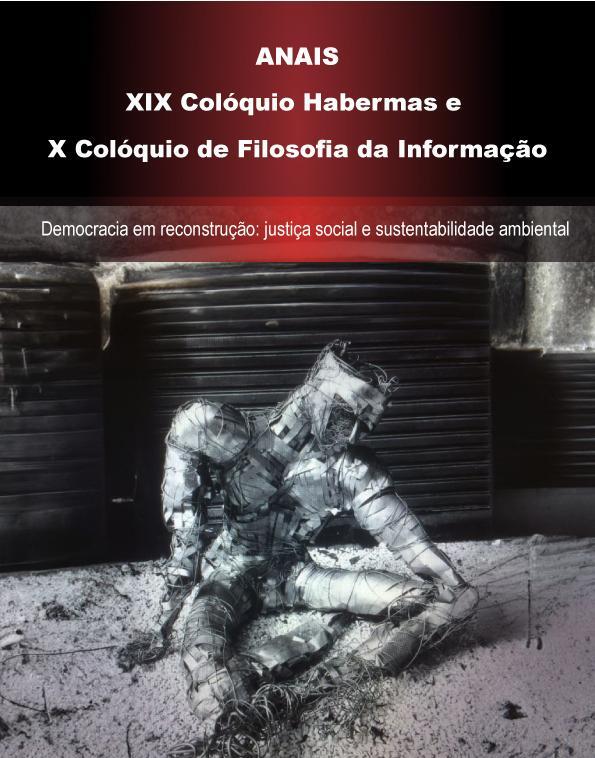A fenomenologia de Habermas e suas contribuições para a hermenêutica
DOI:
https://doi.org/10.21728/logeion.2023v10nesp2.p4-13Keywords:
Fenomenologia. Hermenêutica. Mundo da Vida.Abstract
Phenomenology in the thinking of Jürgen Habermas and his contributions to hermeneutics represent a critical and engaged approach to the understanding of the World of Life and the interpretation of social phenomena. Habermas emphasizes the importance of intersubjectivity and autonomous communication in the construction of knowledge and in the formation of shared meanings. He criticizes traditional hermeneutics for neglecting the social dimension of interpretation and proposes an emancipatory hermeneutics that seeks to reveal the power structures and ideologies present in society. His contributions include an emphasis on discursive communication, ideological critique, and the promotion of democratic participation in the interpretation of communicative vibes and social contexts. Phenomenology in Habermas' thinking highlights the importance of intersubjectivity and communication in the construction of knowledge and in the formation of shared meanings. He emphasizes that language and social interaction are essential for rebuilding Democracy, allowing for an exchange of perspectives and the building of consensus around social justice.
Downloads
References
HABERMAS, Jürgen. A Ética da discussão e a questão da verdade. 4ª Edição. São Paulo. WMF Martins Fontes, 2018.
HABERMAS, JURGEN. A Lógica das Ciências Sociais. Petrópolis: Vozes, 2009.
MÜHL, Eldon Henrique. Habermas e a educação: ação pedagógica como agir comunicativo. 2ª edição, revisada e atualizada. Editora CRV, Curitiba, 2020.
Downloads
Published
Issue
Section
License
Copyright (c) 2023 Logeion: Filosofia da Informação

This work is licensed under a Creative Commons Attribution-NonCommercial-ShareAlike 4.0 International License.
The journal is published under the Creative Commons - Attribution - Noncommercial - Share Alike 3.0 Brazil.
The published work is considered collaboration and therefore the author will not receive any remuneration for this as well as anything will be charged in exchange for publication.
All texts are responsibility of the authors.
It’s allowed partial or total reproduction of the texts of the magazine since the source is cited.














